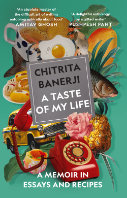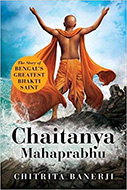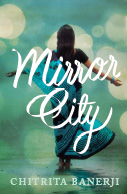Chitrita Banerji has been a writer of cookbooks, in which she conjures fragments of her childhood in Kolkata, leaving the reader open-mouthed, waiting for the next morsel.
This time, Banerji has forsaken the table for the bed. She has moved to Dacca, or Dhaka, with her protagonist Uma, who, abandoning all the certitudes of former Indian identity and self, follows her newly-minted Bangladeshi husband Iqbal to the city. It’s a rocky bed that they make for themselves. Part of it is due to Uma having to renegotiate the Bengali-Hindu side of her persona to Iqbal’s Muslim affiliations when they arrive in a recently-liberated country still reeling from the scars of the bloody carnage of war.
Both had found it easy to jettison these cultural markers during their courtship and marriage within the neutral environs of the American academia. Uma might have made her choice against the bitter condemnation and banishment of her parents from their lives, but it is her belief in her own intellectual independence that makes her such a fascinating creation.
Trying to come to terms with her new life in Dhaka awakens in Uma the memories of her childhood, in particular, her grandmother who was a teller of stories. During such moments, we hear the voice of Banerji herself, as she sings of that mythical country that will forever be golden in the imagination of its sons and daughters. Or even just the parched earth waiting for the first rain, or the sadness of the itinerant wandering mystics, the Baul singers, whose memory Banerji conjures and weaves into a part of her story as readily as the seasonal rains that arrive and revitalise her characters.
These are themes that have inspired generations of Bengali writers, poets and filmmakers, and Banerji is no exception. The surprise is the skill with which she unfolds her story within the manifold betrayals, following the years soon after the creation of Bangladesh in the early 1970s. She packs her story with as much diligence that a bomb-maker brings to his task. Without actually naming anybody, she recreates a country shaken to its core by multiple coups.
To be sure, at its centre is an old-fashioned love story. It’s as if The Night Runners of Bengal and its author John Masters had decided to join hands with Amitav Ghosh’s Shadow Lines. And yet, in this age of rapid-fire extramarital adventures, how soothing it is to find a lover, who caresses his loved one by comparing her, as Uma’s does, to a nautilus shell filled with life-giving water.
The Financial Express, Mumbai, 27 July 2014
Reviewed by Geeta Doctor, a Chennai-based writer.




